During October, November and December, the following articles were the Top Ten most accessed:
Repairing faulty genes by aminoglycosides: Identification of new pharmacophore with enhanced suppression of disease-causing nonsense mutations
Jeyakumar Kandasamy, Dana Atia-Glikin, Valery Belakhov and Timor Baasov
Med. Chem. Commun., 2011,2, 165-171
DOI: 10.1039/c0md00195c
Recent applications of multicomponent reactions in medicinal chemistry
Paul Slobbe, Eelco Ruijter and Romano V. A. Orru
Med. Chem. Commun., 2012,3, 1189-1218
DOI: 10.1039/c2md20089a
Minisci reactions: Versatile CH-functionalizations for medicinal chemists
Matthew A. J. Duncton
Med. Chem. Commun., 2011,2, 1135-1161
DOI: 10.1039/c1md00134e
Development and evaluation of selective, reversible LSD1 inhibitors derived from fragments
James R. Hitchin, Julian Blagg, Rosemary Burke, Samantha Burns, Mark J. Cockerill, Emma E. Fairweather, Colin Hutton, Allan M. Jordan, Craig McAndrew, Amin Mirza, Daniel Mould, Graeme J. Thomson, Ian Waddell and Donald J. Ogilvie
Med. Chem. Commun., 2013,4, 1513-1522
DOI: 10.1039/c3md00226h
Design, synthesis and antiproliferative activity of indole analogues of indanocine
Gemma A. Tunbridge, Joseph Oram and Lorenzo Caggiano
Med. Chem. Commun., 2013,4, 1452-1456
DOI: 10.1039/c3md00200d
Gd(iii) chelates for MRI contrast agents: from high relaxivity to “smart”, from blood pool to blood–brain barrier permeable
Chang-Tong Yang and Kai-Hsiang Chuang
Med. Chem. Commun., 2012,3, 552-565
DOI: 10.1039/c2md00279e
Microwave-assisted synthesis of N-heterocycles in medicinal chemistry
Davide Garella, Emily Borretto, Antonella Di Stilo, Katia Martina, Giancarlo Cravotto and Pedro Cintas
Med. Chem. Commun., 2013,4, 1323-1343
DOI: 10.1039/c3md00152k
Diaryl- and triaryl-pyrrole derivatives: inhibitors of the MDM2–p53 and MDMX–p53 protein–protein interactions
Tim J. Blackburn, Shafiq Ahmed, Christopher R. Coxon, Junfeng Liu, Xiaohong Lu, Bernard T. Golding, Roger J. Griffin, Claire Hutton, David R. Newell, Stephen Ojo, Anna F. Watson, Andrey Zaytzev, Yan Zhao, John Lunec and Ian R. Hardcastle
Med. Chem. Commun., 2013,4, 1297-1304
DOI: 10.1039/c3md00161j
Metabolism-guided drug design
Antonia F. Stepan, Vincent Mascitti, Kevin Beaumont and Amit S. Kalgutkar
Med. Chem. Commun., 2013,4, 631-652
DOI: 10.1039/c2md20317k
Synthesis and antiproliferative activity of some 3-(pyrid-2-yl)-pyrazolines
Alexander Ciupa, Paul A. De Bank, Mary F. Mahon, Pauline J. Wood and Lorenzo Caggiano
Med. Chem. Commun., 2013,4, 956-961
DOI: 10.1039/c3md00077j
Do you have any comments or thoughts on any of these articles? Please leave these in the comment box below!
If you would like to submit an article to MedChemComm, please visit our submission site!
Comments Off on Q4 Top Ten most accessed MedChemComm articles



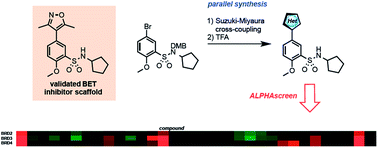
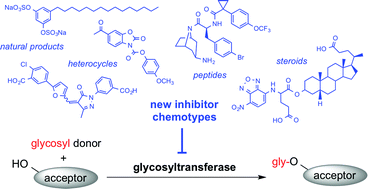









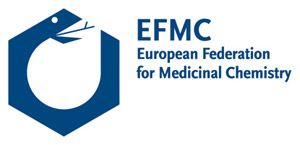 Awards
Awards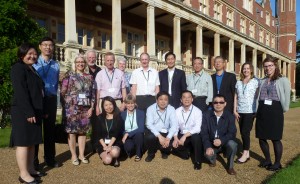
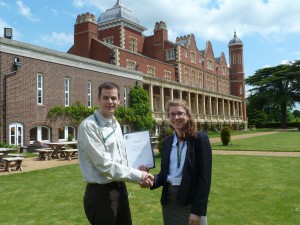
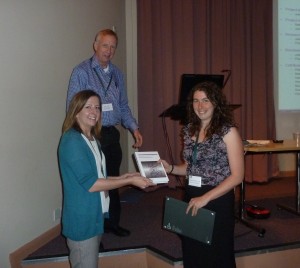
![AP39 a novel mitochondria-targeted H2S donor molecule AP39 [(10-oxo-10-(4-(3-thioxo-3H-1,2-dithiol-5-yl)- phenoxy)decyl)triphenylphosphonium bromide] a mitochondria-targeted hydrogen sulfide donor](http://pubs.rsc.org/services/images/RSCpubs.ePlatform.Service.FreeContent.ImageService.svc/ImageService/image/GA?id=C3MD00323J)

 Corday-Morgan Prize 2014 Winner
Corday-Morgan Prize 2014 Winner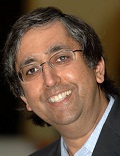 Rita and John Cornforth Award 2014 Winner
Rita and John Cornforth Award 2014 Winner Harrison-Meldola Memorial Prize 2014 Winner
Harrison-Meldola Memorial Prize 2014 Winner Norman Heatley Award 2014 Winner
Norman Heatley Award 2014 Winner Jeremy Knowles Award 2014 Winner
Jeremy Knowles Award 2014 Winner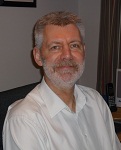 George and Christine Sosnovsky Award in Cancer Therapy 2014 Winner
George and Christine Sosnovsky Award in Cancer Therapy 2014 Winner